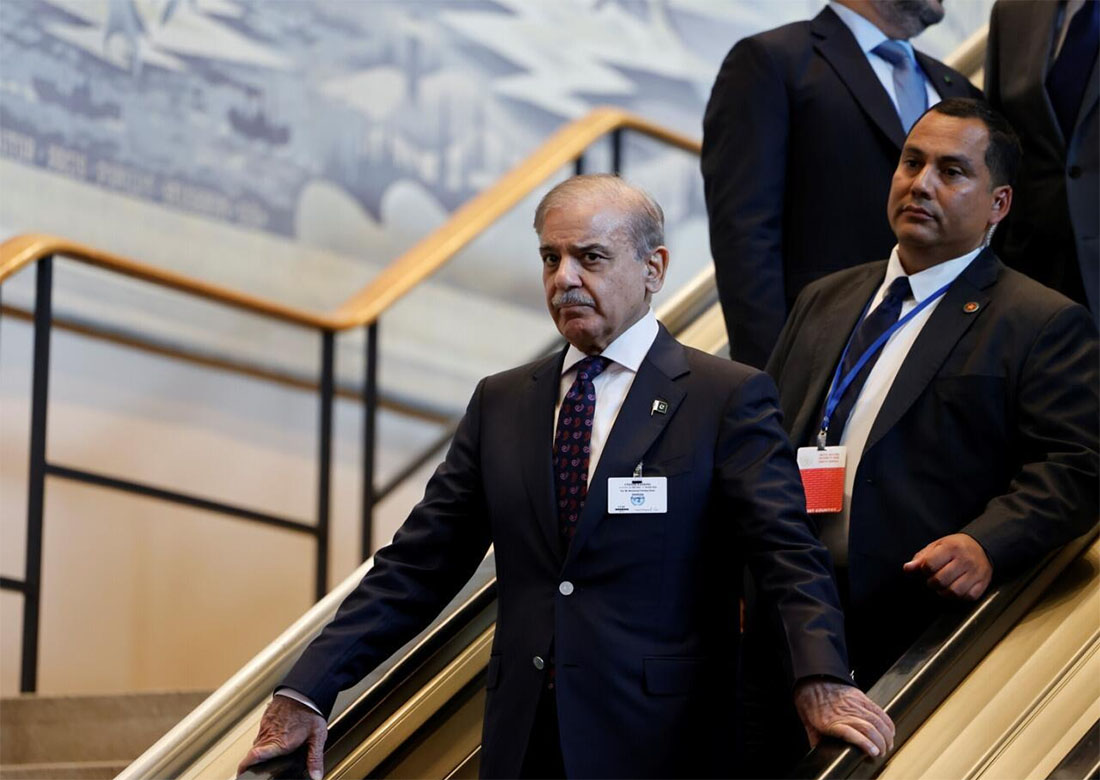
Photo Credit: Getty Images
On Thursday, Pakistan announced that it would experience some "transitional pain" following the International Monetary Fund's approval of a new $7 billion relief package aimed at strengthening its struggling economy.
Although the South Asian nation's economy has stabilised since it came close to defaulting last summer, it is dependent on IMF bailouts and loans from friendly countries to service its huge debt, which swallows up half of its annual revenues.
"There will be transitional pain, but if we are to make it the last programme, then we have to carry out structural reforms," Finance Minister Muhammad Aurangzeb told local broadcaster Geo News.
The IMF said in a statement it would issue an "immediate disbursement" of around $1 billion. "This past year has seen a very welcome return to economic stability in Pakistan," IMF Pakistan mission chief Nathan Porter told reporters on Thursday.
"The challenge confronting Pakistan now is to move beyond this renewed sense of stability and towards stronger and sustained growth, with its benefits shared more broadly and evenly across society," he added.
Pakistan in July agreed to the deal -- its 24th IMF payout since 1958 -- in exchange for unpopular reforms, including cutting back on power subsidies and widening its chronically low tax base. Speaking on the sidelines of the United Nations General Assembly in New York on Wednesday, Prime Minister Shehbaz Sharif said the deal came through thanks to the "tremendous support" of Saudi Arabia, China and the United Arab Emirates.
"In the final phase (of negotiations), the IMF's conditions were related to China. The way the Chinese government supported and strengthened us during this time is something I am truly grateful for," he told reporters shortly before the deal was announced.
Lewis Musonye
















